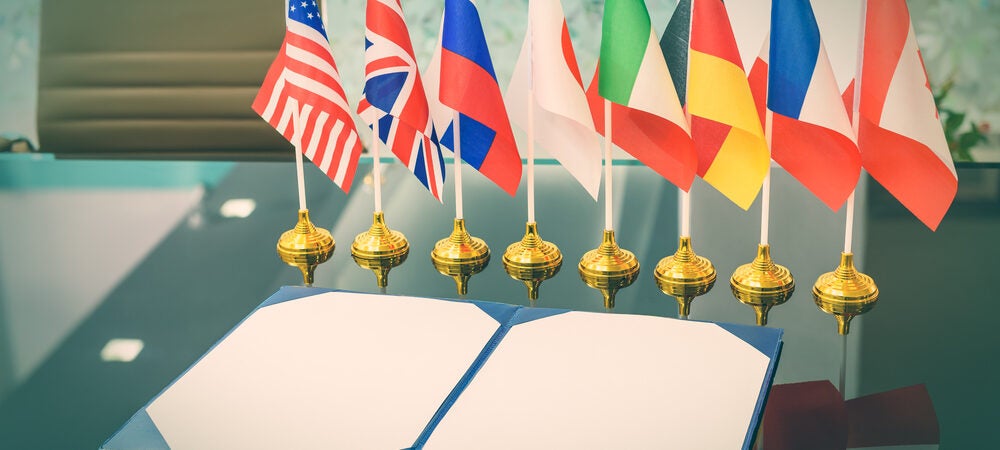The GATT and the WTO between them have existed for over seven decades. During those years, the multilateral trading system has evolved with varying degrees of effectiveness in response to testing times and changing circumstances. But today the GATT/WTO faces bigger challenges than at any time in its history. The situation is judged sufficiently serious for some of the commentariat to be talking of last rites for the WTO. This is surely premature, and discounts the well-known survival capacity of intergovernmental institutions. The challenge today is to ensure the GATT/WTO multilateral trading system undertakes the necessary reforms and adjustments in order to restore its centrality in global trade governance.
The core assumption motivating this paper is that multilateralism is intrinsically desirable as a force for economic and sociopolitical harmony and progress. Multilateralism offers the best prospects for coherence and inclusion in international trade relations. However, this does not always have to mean universal participation. The entire community of nations do not need to always work in tandem in all areas of trade-related rule-making under the auspices of the WTO, as long as all interests are appropriately protected.
Twenty-three parties were original signatories to GATT and 164 members now belong to the WTO. The membership is far more contrasted today in terms of preferences and priorities than was the case at the outset in the late 1940s, and for a couple of decades thereafter. A more numerous and diverse membership poses greater challenges in forging agreement. One way of looking at this is to consider where a line can be drawn between convergence and managed co-existence in striking an appropriate balance between rights and obligations among members of the WTO. Absent the capacity of members to identify and work with that balance, negotiating stasis becomes the norm – a state of affairs that most observers consider has drifted ever closer to reality.
the-wto-in-crisis-closing-the-gap-between-conversation-and-action-or-shutting-down-the-conversation
To read the full report from the Cambridge University Press, please click here.

